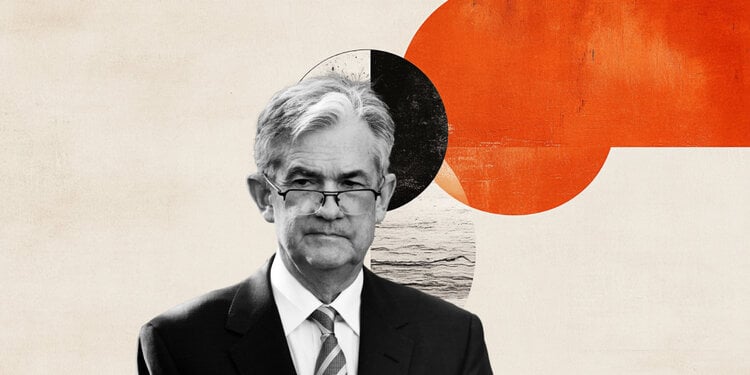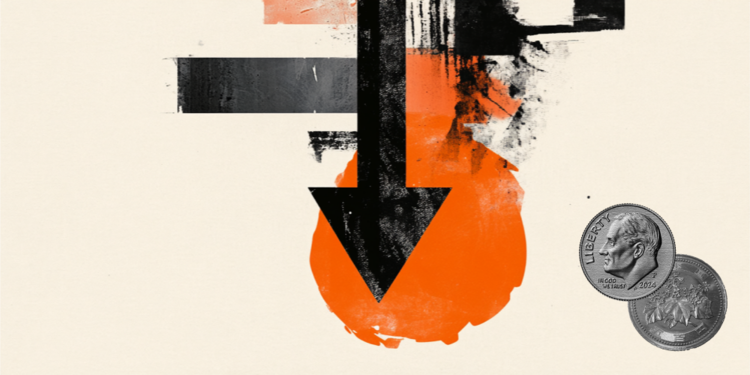New Zealand lifted the latest of its Covid-19 restrictions on Tuesday, ending one of the world’s toughest policies on the pandemic as the government said the country had suffered a much lower death rate. than many other nations.
Health Minister Ayesha Verrall said the island nation was ending its latest rule of mandatory seven-day isolation for those who test positive for the coronavirus, as well as mandatory masks in health facilities from midnight on Tuesday. -fair.
New Zealand was something of a “poster girl” for how nations could successfully fend off the coronavirus when it first appeared in 2020, mandating early lockdowns and tight border measures.
The initial Covid-zero strategy significantly reduced the impact of the coronavirus outbreak, sparing New Zealand the widespread deaths and overwhelmed health systems seen in much of the world, including the United States.
But it also kept the island nation closed off internationally and became increasingly unpopular as the rules dragged on and affected the economy.
“It’s been a long road, however, thanks to a lot of hard work, New Zealand’s approach to Covid-19 has moved from an emergency response to long-term sustainable management,” Verrall said in a note on Monday ( 14).
“While our case numbers continue to fluctuate, we haven’t seen the dramatic spikes that characterized Covid-19 rates last year,” added the health minister.
Covid has put considerably less strain on the healthcare system this winter, New Zealand’s current season, with cases accounting for just 2.2% of recent hospital admissions, according to the government.
Video: CNN shows laboratories cited as the origin of Covid; look
“This, combined with population immunity levels, means that Cabinet and I have been told that we are positioned to safely remove the remaining Covid-19 rules,” Verrall said.
But she said those who are “unwell or have tested positive for Covid-19” are advised to stay home for five days.She also emphasized that face masks remain an important means of preventing the spread of respiratory illness in health and disability care facilities.
Prime Minister Chris Hipkins called the move a “significant milestone”. “The unity of the Kiwi response and the sacrifices that were common contributed to the many thousands of lives that were saved,” he said during a press conference on Monday.
Hipkins said 3,249 New Zealanders have died from the coronavirus among the country’s 5.1 million people. “If New Zealand had a Covid-19 death rate similar to that of the United States, we would be reporting around 15,000 Covid deaths,” he argued.

The tight controls have had political costs for the New Zealand Labor Party. Early success was spearheaded by her predecessor, Jacinda Ardern, and as the tough restrictions dragged on, public frustration grew with their impacts that tore families apart for months and excluded nearly all foreigners.
Protracted lockdowns and Covid rules led to alarming scenes in the country’s capital Wellington last March, when protesters camped for weeks outside Parliament set fire to tents, mattresses and chairs, as the country struggled with economic anxiety. and rising cost of living.
Support for Ardern and the Labor Party plummeted in 2022 before she announced her snap decision to step down in January, citing insufficient energy to keep her going. As Minister of Health for much of the pandemic, Hipkins was closely associated with Covid-zero controls.
New Zealand goes to the polls in October, and Labor faces a strong challenge from the National Party, the centre-right opposition.
The country gradually reopened its borders throughout 2022, reversing the strict controls put in place in March 2020 to keep foreigners out and limit the return of citizens.
In a five-step plan, New Zealand first allowed citizens to return home before welcoming the return of widespread tourism.
For the past three weeks, the country has co-hosted the 2023 Women’s World Cup with Australia.
Source: CNN Brasil
Bruce Belcher is a seasoned author with over 5 years of experience in world news. He writes for online news websites and provides in-depth analysis on the world stock market. Bruce is known for his insightful perspectives and commitment to keeping the public informed.







